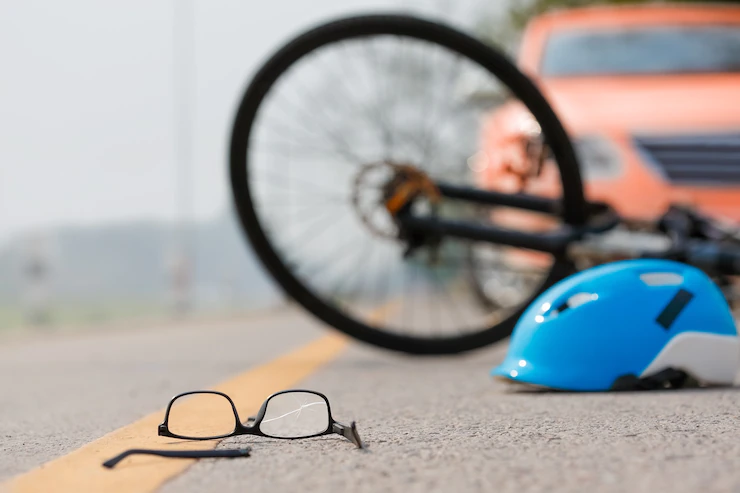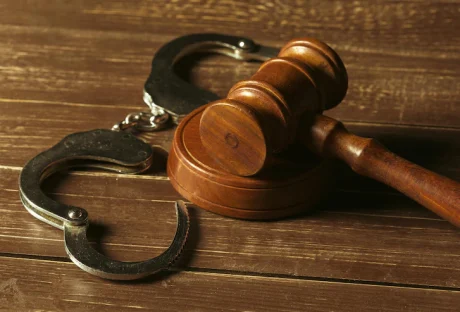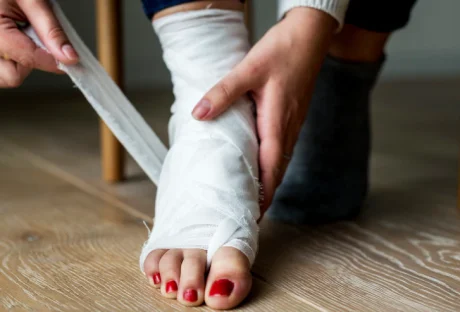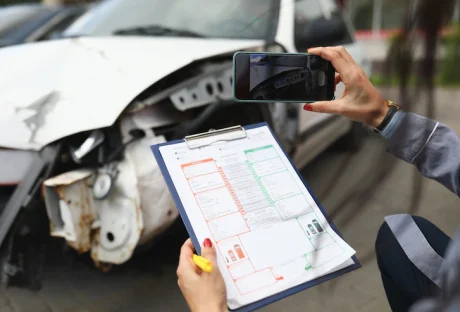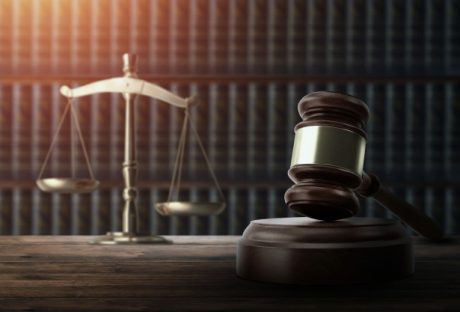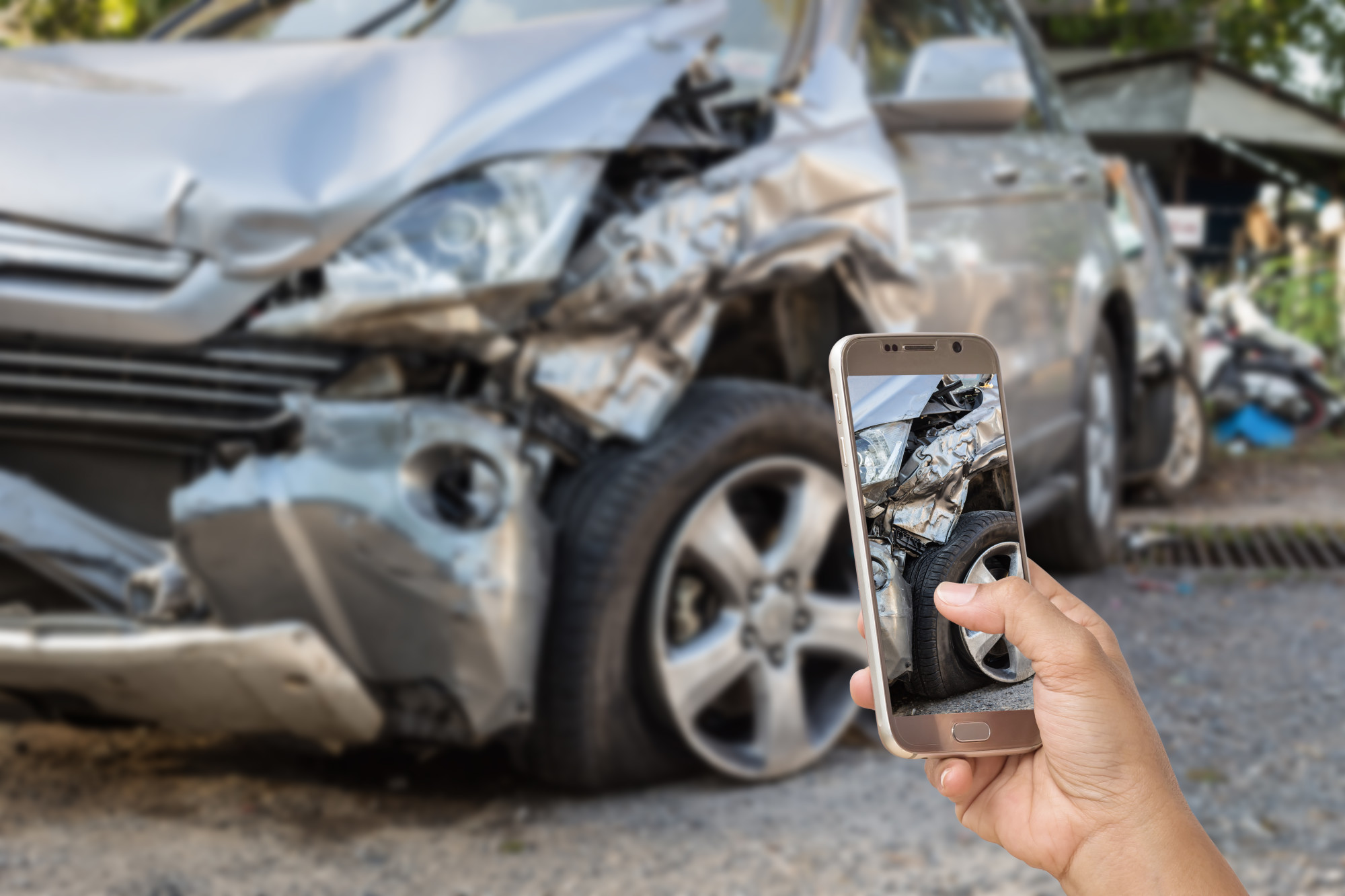In many jurisdictions, death by negligence is a criminal offense.
If someone dies as a result of another person’s negligence, the person responsible may be charged with a crime. Depending on the circumstances, this could be a misdemeanor or a felony.
A wrongful death claim is a civil action brought by the surviving family members of a person who died due to the negligence or misconduct of another.
In order to win a wrongful death case, the plaintiff must prove that the death was caused by the negligence or misconduct of the defendant and that the surviving family members have suffered damages as a result of the death.
Seven Types Of Wrongful Death Cases:
Wrongful death cases can arise from a wide variety of circumstances, but there are some that are more common than others.

The following are 7 of the most common types of wrongful death cases:
1. Medical Malpractice
Medical malpractice is one of the leading causes of wrongful death in the United States. This occurs when a doctor or other medical professional fails to provide the standard of care that a reasonable person would expect, and as a result, the patient dies.
There are many different ways that medical malpractice can occur. It could be something as simple as a doctor failing to properly diagnose a patient, or it could be something more serious like a surgeon operating on the wrong body part. Whatever the case may be, if you have lost a loved one due to medical malpractice, you may be entitled to compensation.
2. Car Accidents
Car accidents are unfortunately one of the most common types of wrongful death cases. This is because car accidents can often be very serious, and even fatal. If you have lost a loved one in a car accident, you may be wondering what your legal options are.
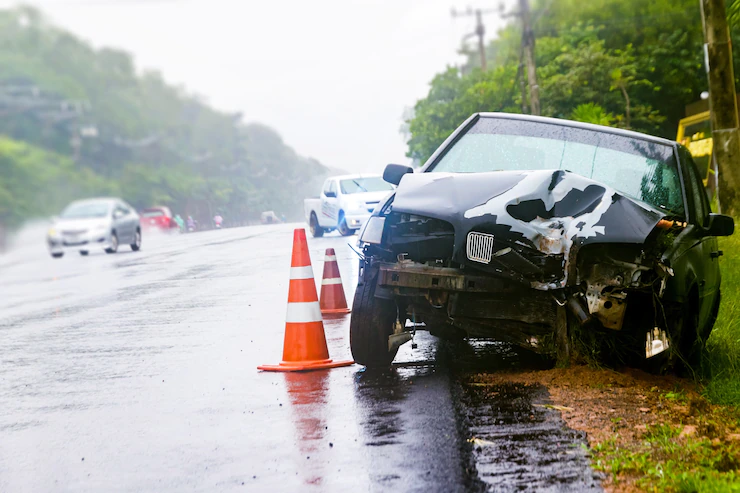
When a car accident occurs, it is often the result of negligence on the part of one or more drivers. This negligence can be in the form of speeding, drunk driving, or simply not paying attention to the road. If a car accident results in the death of another person, the driver who caused the accident can be held liable for wrongful death.
3. Workplace accidents
Workplace accidents are unfortunately quite common. They can range from minor injuries to major ones, and sometimes even death. These can occur in a variety of ways, but often involve some type of negligence on the part of the employer.
For example, failing to provide a safe working environment, failing to properly train employees, or failing to take precautions to prevent accidents from happening. If an employee is killed as a result of this negligence, the family may be able to file a wrongful death lawsuit against the employer.
4. Product liability
Product liability is one of the most common types of wrongful death cases. When a defective product or dangerous design causes the death of a consumer, the company that manufactured or sold the product can be held liable.
In some cases, the company may have known about the dangers of the product but failed to warn consumers. In other cases, the design of the product may be so dangerous that the company should have known about the risks.
5. Slip and fall accidents
Slip and fall accidents can occur anywhere there is a slippery or uneven surface. They can happen at home, at work, or in a public place. Slip and fall accidents can be caused by many different things, such as wet floors, loose carpeting, or even ice and snow.
Slip and fall accidents can often be prevented by taking some simple precautions, such as wearing proper footwear, using caution when walking on slippery surfaces, and keeping floors clean and dry.
6. Pedestrian and bicycle accidents
The number of pedestrian and bicycle accidents has increased significantly in recent years. These accidents are often caused by careless or distracted drivers who fail to yield the right of way to pedestrians or cyclists.

Unfortunately, these accidents often result in serious injuries or death. If you have lost a loved one in a pedestrian or bicycle accident, you may be entitled to compensation for your losses.
7. Drunk driving accidents
Drunk driving accidents are all too common. Every day, people die or are seriously injured in collisions caused by drivers who have been drinking. The consequences of these accidents are devastating, not only for the victims and their families but for the drunk driver as well. A drunk driving accident can ruin a person’s life, and it is a tragedy that could have been prevented.
Conclusion
If you have lost a loved one due to the negligence of another, you may be entitled to compensation. An experienced wrongful death attorney can help you investigate your case and determine if you have a claim.
Read Also:













